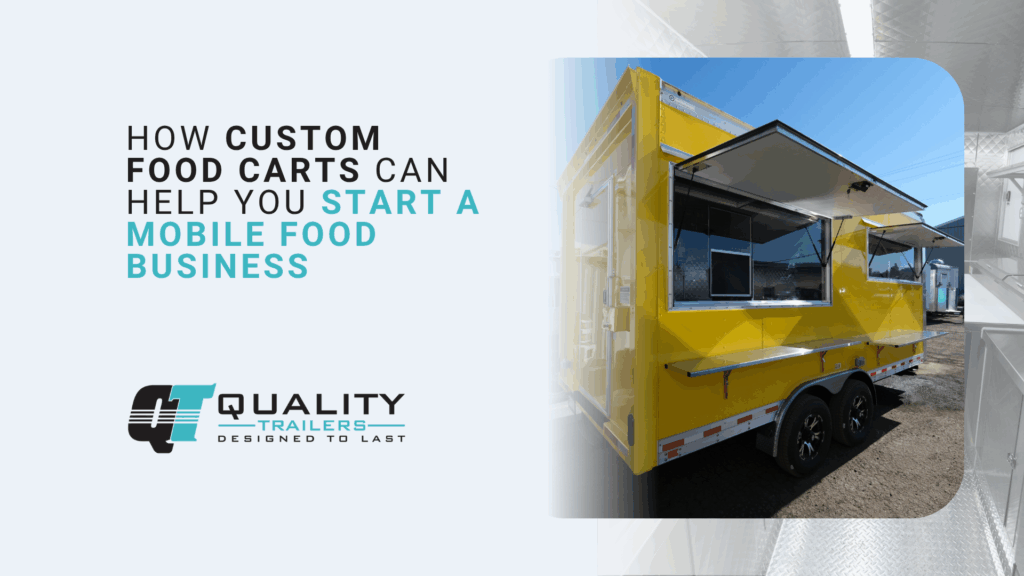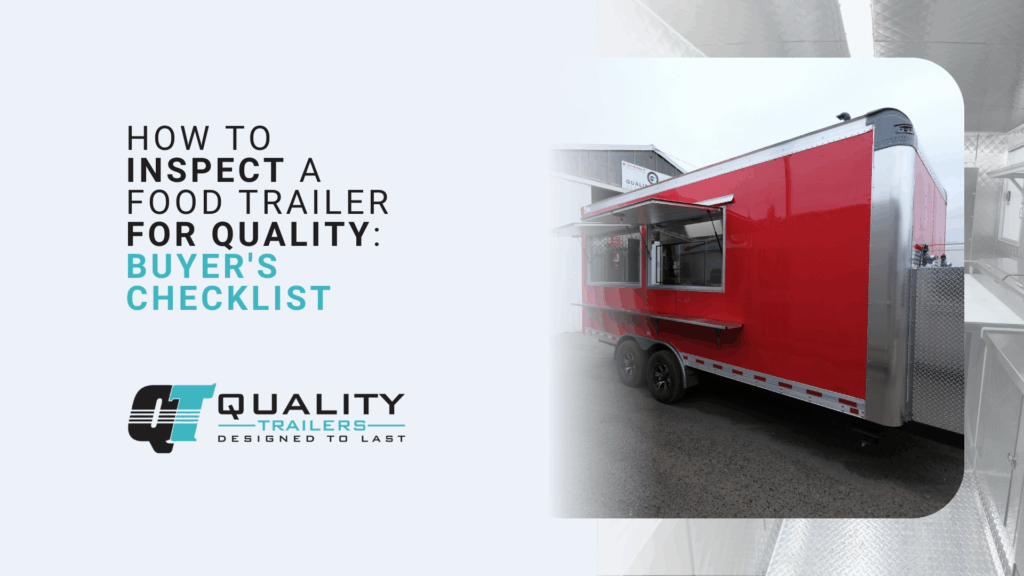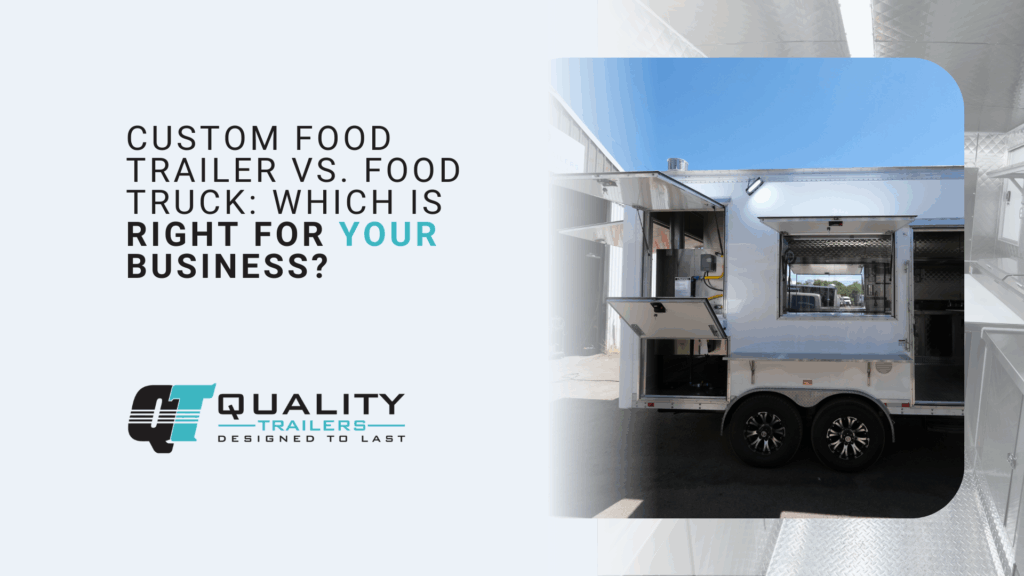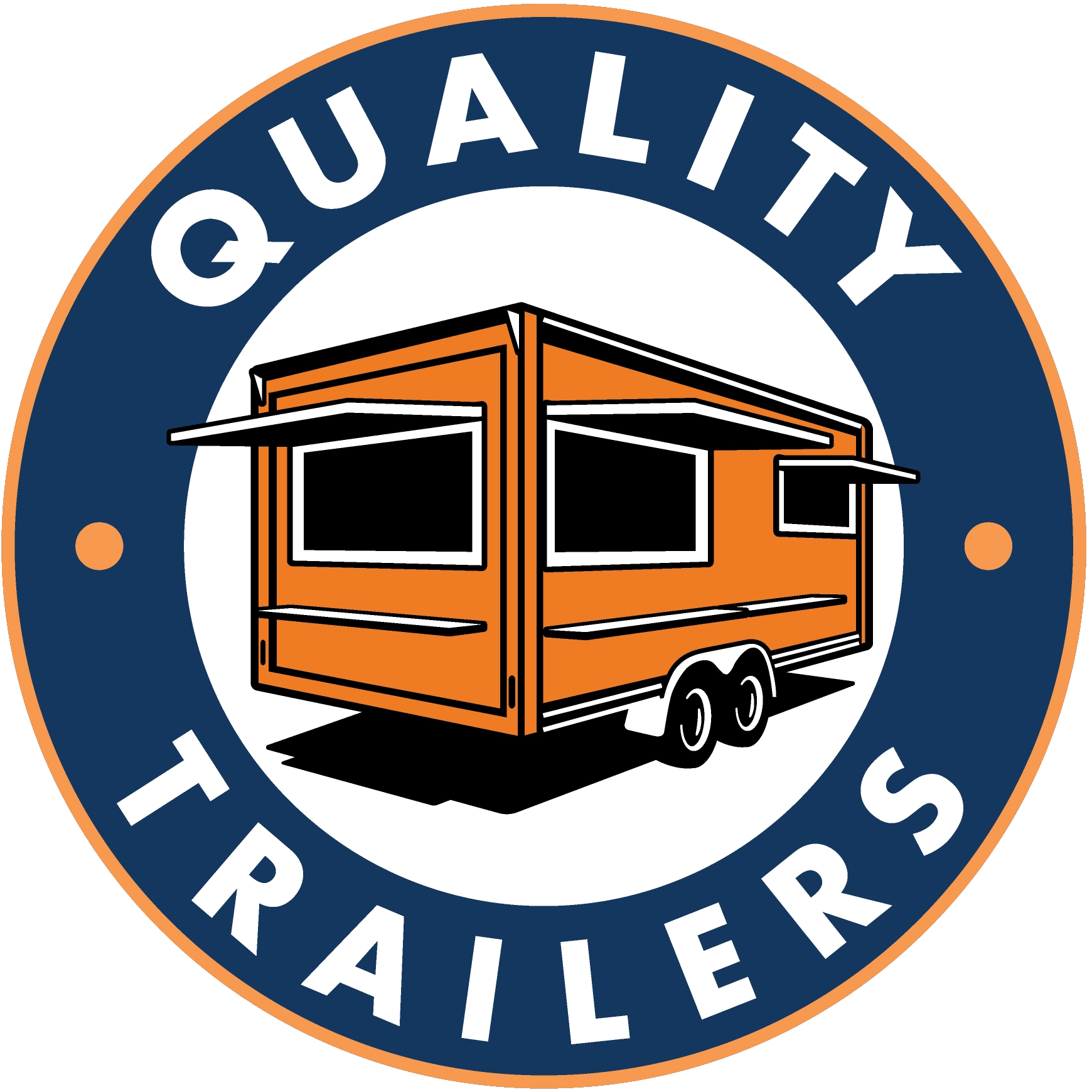How Custom Food Carts Can Help You Start a Mobile Food Business

Starting a mobile food business has become an increasingly attractive option for aspiring entrepreneurs looking to break into the culinary industry. Custom food carts offer a unique opportunity to launch a food venture with lower overhead costs compared to traditional brick-and-mortar restaurants. These mobile units provide flexibility, mobility, and the ability to test different markets […]
How to Inspect a Food Trailer for Quality: Buyer’s Checklist

Investing in a food trailer represents a significant financial commitment and the foundation of your mobile food business. Whether you’re purchasing new or used equipment, conducting a thorough inspection before finalizing your purchase can save thousands of dollars in unexpected repairs and operational delays. A comprehensive trailer inspection guide ensures you make an informed decision […]
Custom Food Trailer vs. Food Truck: Which Is Right for Your Business?

Starting a mobile food business requires making smart investment decisions from day one. The choice between a custom food trailer and a food truck will shape your entire operation, from startup costs to daily maintenance requirements. Understanding the key differences helps entrepreneurs make informed decisions that align with their budget, business goals, and operational preferences. […]
